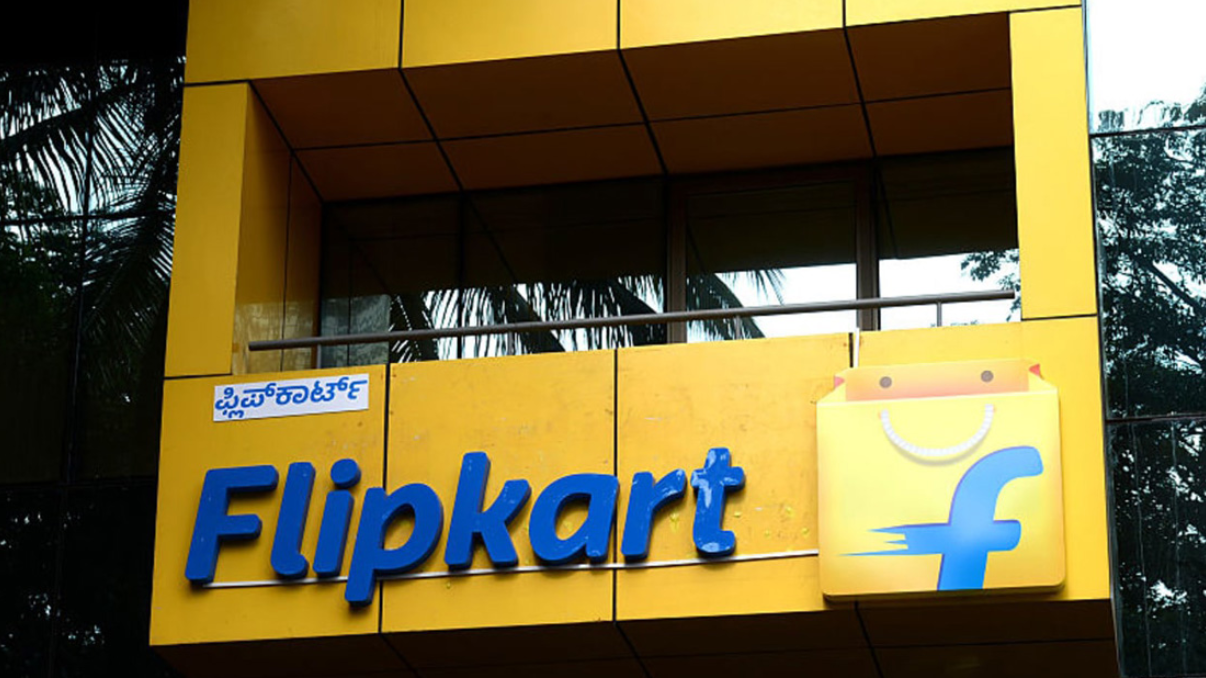Flipkart gets $3.6 billion in funding - Fight with Amazon, Reliance to get intense
Investments reflect global confidence in Indian ecommerce

Last July, when Flipkart raised $1.2 billion in a Walmart-led funding round, it was valued at around $24.9 billion. And now when Flipkart has raised $3.6 billion, one of the largest financing for a private Indian company, it is valued at $37.6 billion.
The new funding and valuation is expected to give Flipkart more teeth in its fight against Amazon, Reliance (JioMart), and the Tatas.
This investment also reflects global investor confidence in digital commerce in India, which has continued to accelerate over the last year when access to products safely and convenience took priority.
India is among the world’s fastest-growing e-commerce markets and is expected to tot up 300 million shoppers by 2025.
- PhonePe and Flipkart join forces to digitise cash-on-delivery payments
- Survey says 49% of Indian consumers prefer e-commerce shopping
Who are the funders now?
The latest round of funding was led by Canada Pension Plan Investment Board (CPP Investments), Singapore government’s sovereign wealth fund GIC, SoftBank Vision Fund 2 and Flipkart’s largest shareholder, Walmart. Existing backers such as Qatar Investment Authority, Tencent, and Tiger Global also participated.
“Flipkart is a great business whose growth and potential mirrors that of India as a whole — that’s why we invested in 2018 and why we continue to invest today,” said Judith McKenna, President and CEO – Walmart International.
Walmart is expected to have a stake of 74-75% in Flipkart after this funding round.
Get daily insight, inspiration and deals in your inbox
Sign up for breaking news, reviews, opinion, top tech deals, and more.
Japanese tech conglomerate SoftBank is also back in Flipkart's scheme of things. It has earlier invested $2.5 billion in Flipkart in 2017, but sold its stake to Walmart a year later for $4 billion.
Kalyan Krishnamurthy, Chief Executive Officer, Flipkart Group, said, “This investment by leading global investors reflects the promise of digital commerce in India and their belief in Flipkart’s capabilities to maximise this potential for all stakeholders. We will continue to invest in new categories and leverage made-in-India technology to transform consumer experiences and develop a world-class supply chain.”
“We believe India will be a leading source of global growth in the decades ahead, supported by positive demographics, a growing middle class and deepening Internet penetration,” Agus Tandiono, Managing Director, Head of Fundamental Equities Asia, CPP Investments was quoted as saying in a Flipkart statement.
“SoftBank’s re-investment in Flipkart is driven by our experience with and conviction in the company’s management team to continue addressing the needs of the Indian consumer in the decades to come,” Lydia Jett, Partner, SoftBank Investment Advisers, said.
Where is the funding expected to go?
Flipkart is expected to make deeper investments across people, technology, supply chain and infrastructure to address the requirements of a rapidly growing consumer base in India. A key focus area for the company is to help informal commerce segments leverage the power of technology.
Flipkart said it would work with the fashion industry and help small businesses explore untapped opportunities that technology presents. Through its expanding grocery and last-mile delivery programs, Flipkart will also work with kiranas to help them digitize and grow.
Flipkart’s logistics and supply chain arm, Ekart, employs more than 100,000 people and makes deliveries to more than 90% of the addressable pin-codes in India, which, coupled with strategic warehouse infrastructure investments, is one of the group’s core strengths. Venturing into the social commerce space, Flipkart recently announced the launch of Shopsy, which will encourage local entrepreneurship.
Flipkart is also buying back employee shares worth over $80 million, providing liquidity to those who hold the company’s shares.
The investment into Flipkart comes at a time the consumer affairs ministry has proposed changes to India’s e-commerce rules. These include a ban on certain kind of flash sales and curbs on in-house labels.

Over three decades as a journalist covering current affairs, politics, sports and now technology. Former Editor of News Today, writer of humour columns across publications and a hardcore cricket and cinema enthusiast. He writes about technology trends and suggest movies and shows to watch on OTT platforms.